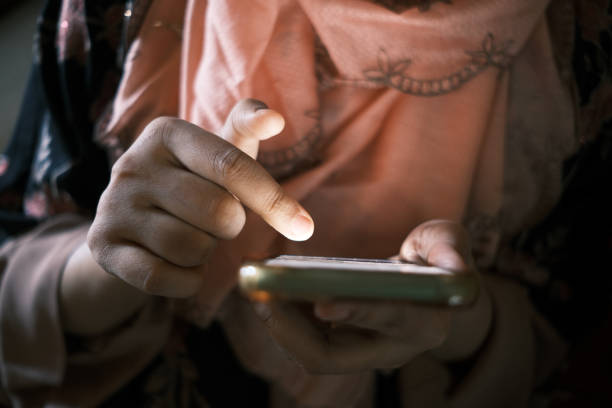Dr Zaki Wahhaj and Maliha Rahanaz have obtained funding from the FIT IN initiative to explore the effects of seamless digital transactions on mobile devices in Bangladesh, and the outcomes for low income urban women.
Dr Zaki Wahhaj and Maliha Rahanaz have secured funding of US $15,000 from the Toulouse School of Economics FIT IN initiative, that will allow them to conduct the following project:
“Can Interoperability in Mobile Financial Services improve Financial Inclusion of Low-Income Urban Women in Bangladesh?”
The FIT IN Initiative was launched in 2020 to catalyse new research to constructively influence the design and regulation of interoperable digital financial services systems in low- and middle-income countries.
The term ‘interoperable digital payments’ refers to a financial system feature that allows clients of different financial institutions to engage in digital transactions seamlessly without regulatory barriers or additional financial costs. In theory, interoperability is expected to improve competition among financial service providers and improve consumer welfare but there is little evidence about its impact on marginalised populations in low-income countries. By making use of a planned introduction of an ‘Interoperable Digital Transaction Platform’ by the Bangladesh government in late 2022, the project will evaluate how interoperability affects the financial behaviour of low-income urban women in Bangladesh who receive their wages via mobile money accounts.
‘Mobile money accounts allow individuals, especially the financially excluded, to make transfers over large distances using just a basic mobile phone’ Rahanaz told us ‘There is existing evidence that these transfers can improve the welfare of rural households by reducing their vulnerability to shocks and episodes of hunger. In principle, using mobile money accounts can also, potentially, improve financial literacy and mental accounting that can, in turn, lead to changes in consumption, saving, and investment behaviour.’
The project will build on an ongoing study by the researchers on whether paying wages via mobile money affects the labour force participation and financial autonomy of low-income urban women in Bangladesh. It will involve collaboration with bKash, the largest mobile financial services provider in Bangladesh and HelloTask, a private sector organisation that operates a mobile app to match female domestic workers to work opportunities in Dhaka city.
Discussing their vision for the impact of the project, Wahhaj told us ‘We hypothesize that the introduction of interoperability in Bangladesh will increase competition among digital financial service providers. This should lead to lower transaction fees and a wider range of services, particularly for clients with limited access to formal financial institutions; for example access to credit and insurance, payment of school/utility/medical fees, purchase of bus/train tickets, all through their mobile money accounts. These services should help to improve financial inclusion for our study population.’

